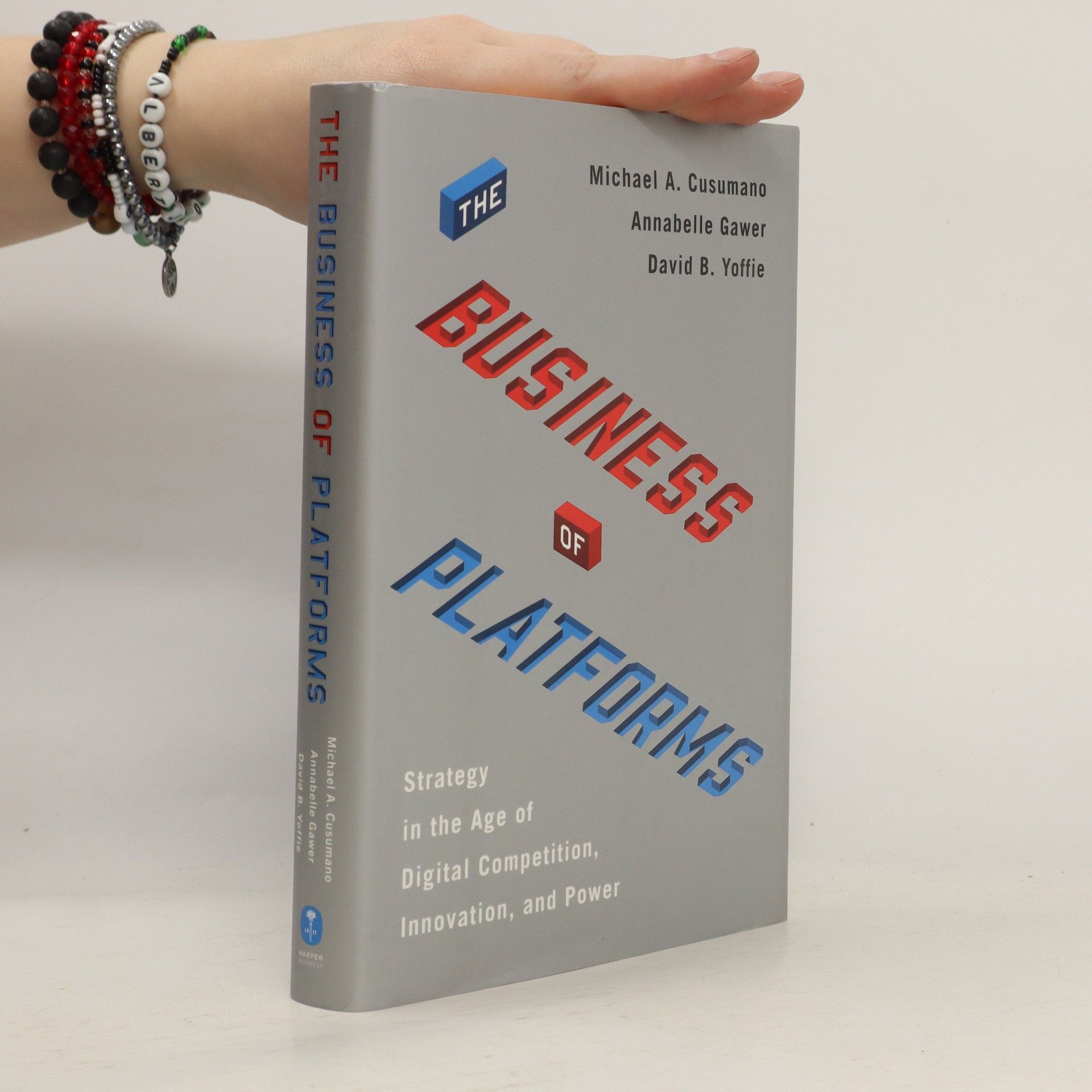Poznaj metody działania najlepszych Billa Gatesa, Andy'ego Grove'a i Steve'a Jobsa i zostań rekinem biznesu. Pomiędzy rokiem 1968 a 1976 powstały trzy firmy Intel, Microsoft i Apple które odmieniły nasze życie i osiągnęły łącznie wartość ponad biliona dolarów. Ich założyciele, choć bardzo się różnili, stosowali podobne prekursorskie praktyki i strategie. Autorzy, wybitni profesorowie z Harvard Business School i MIT Sloan School of Management, postanowili je skatalogować i ocenić. Przez trzydzieści lat analizowali ich sukcesy i porażki, podobieństwa i różnice między nimi, co pozwoliło im sformułować pięć uniwersalnych zasad, jakimi kierowali się Andy Grove, Bill Gates i Steve Jobs. Książka dotyczy nie tylko strategii dla firm z branży technologicznej, ale w ogóle tego, jak pracują odważni, zapaleni i doskonale znający się na swojej dziedzinie liderzy. Muszą ją przeczytać wszyscy, którzy stawiają sobie za cel przesuwanie granic w biznesie. - John Browne, były prezes BP i członek rady dyrektorów Intela
David B. Yoffie Book order (chronological)






Power and Protectionism
Strategies of the Newly Industrializing Countries
- 300 pages
- 11 hours of reading
Book by Yoffie, David B.
The business of platforms : strategy in the age of digital competition, innovation, and power
- 320 pages
- 12 hours of reading
A trio of experts on high-tech business strategy and innovation reveals the principles behind the rise of platform businesses, which have become the most valuable firms globally, including the first trillion-dollar companies. In the digital era, managers and entrepreneurs must navigate both the conventional and platform economies. Business-oriented platforms operate at the industry or ecosystem level, enabling individuals and organizations to innovate and interact in unprecedented ways, creating economic value far beyond traditional companies. This in-depth examination of platform strategy and digital innovation highlights how a small number of companies exert significant influence over various aspects of our lives. The authors explain the differences between these new entities and past powerful corporations, questioning the limits of their market dominance. They also discuss the role of governments in rethinking regulations related to data privacy and antitrust to curb potential abuses by these businesses. Their aim is to equip managers and entrepreneurs to build sustainable platform businesses that can compete effectively against digital and conventional rivals. Drawing on thirty years of experience studying these firms, this book offers a timely investigation into the economic and technological forces shaping dominant players like Amazon, Apple, Microsoft, Facebook, and Google, and their impact on the global economy and fut
Principy strategie
- 256 pages
- 9 hours of reading
Tři velcí vizionáři IT technologií. Tři mimořádné životy, tři mimořádné zkušenosti. Jak se vize stávají skutečností? Tato kniha skvěle a naprosto přesně vysvětluje jak tři legendární top manažeři z oboru hi-tech změnili svět, ve kterém žijeme. Není jen o strategiích, které jsou vhodné pro technologicky orientované firmy, ale ukazuje, jak postupují silní, zapálení a erudovaní lídři. Bill Gates, Andy Grove a Steve Jobs uvedli v období mezi roky 1968 a 1976 na podnikatelskou scénu tři společnosti, které dokázaly definovat podobu hi-tech světa, vytvořily zisk ve výši mnoha miliard dolarů a přeměnily navždy naše životy. Jak se jim něco tak neuvěřitelného mohlo podařit? Kniha Principy strategie se jako první zabývá souhrnným pohledem na životy a práci těchto tří mimořádných osobností – zkoumá jejich úspěchy i prohry, definuje, co je spojuje i odlišuje. David Yoffie a Michael Cusumano, významní profesoři z oboru podnikání, studovali tyto tři lídry a jejich společnosti po dobu téměř třiceti let, tedy v době, kdy sami vyučovali byznysové strategie, inovace a podnikání na Harvard Business School a na MIT Sloan School of Management.
Bill Gates, Andy Grove a Steve Jobs – velikáni, ktorí navždy zmenili svet a naše životy. Kniha, ktorú držíte v rukách, nie je biografická. Odpovedá skôr na otázku, čo sa skrýva za ich nesmiernym úspechom, ako dokázali vybudovať z malých firiem nadnárodné a najdrahšie spoločnosti na svete a aké boli ich stratégie.David B. Yoffie a Michael A. Cusumano sledovali týchto troch lídrov a ich spoločnosti vyše tridsať rokov. Obaja prednášajú na Harvarde a Massachusettskom technologickom inštitúte o stratégiách v podnikaní, technologických inováciách a podnikateľskej činnosti. Spoločne napísali bestseller Competing on Internet Time a ich dlhoročné skúsenosti sú zárukou toho, že knihu Stratégie úspešných vytvorili skutoční odborníci.
Judo Strategy
- 239 pages
- 9 hours of reading
Yoffie (international business administration, Harvard Business School) and Kwak (research associate, Harvard Business School) use examples from companies such as Wal-Mart, Charles Schwab, Palm Computing, and RealNetworks to illustrate the ways that modern business strategy is analogous to Judo strategy, namely: use your opponents' size and strength to bring them down. The first three chapters lay out the principles of Judo strategy, movement, balance, and leverage, while the second section offers case examples of business people the authors call Judo Masters. c. Book News Inc.